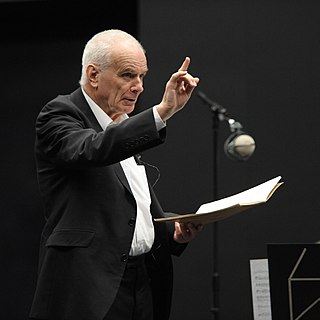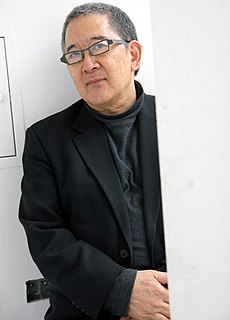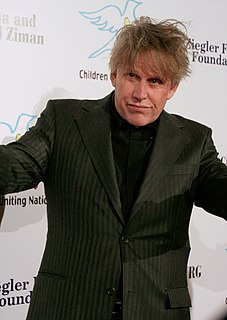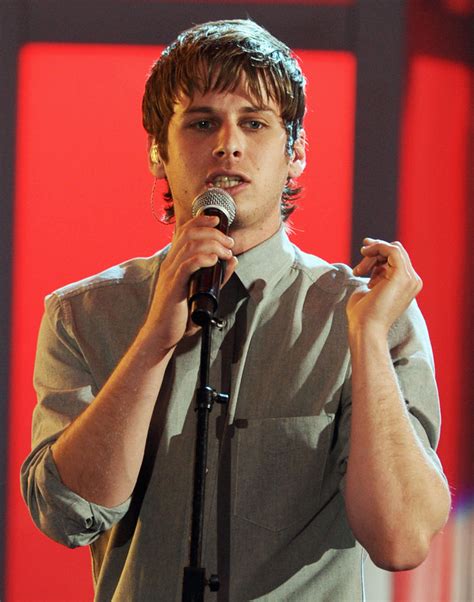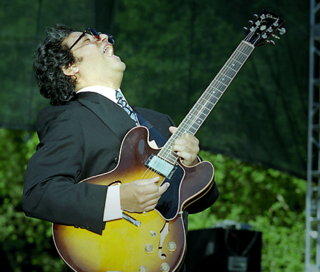A Quote by Joan Didion
The last sentence in a piece is another adventure. It should open the piece up.
Related Quotes
Theater is about interpretation and what an actor and what a director brings to a piece too. I'm open to it every time I work with a director and a group of actors. I have to be open to that interpretation. I'm not one of those hysterical playwrights that come and say, "This is not what I intended to do." It's one rendition of the piece.
It is a question in that case of breaking up one piece of art, and whether that piece of art can be as best as possible put back together. So it's an argument to say, maybe that's one of those instances, like the bust of Nefertiti, I think that should be given back [Egyptian piece currently in Neues Museum in Berlin]. It's one of those pieces you look at and think that would probably be the right thing to do.
My mom's a screenwriter, and before that, she was an actress, and my father was an actor; my stepfather was a director, so I was on sets a lot as a kid. I loved the magic of the set. You walk in, and it's a living room, and you walk outside, and it's just a piece of wood held up by another piece of wood.
Imagine the peace symbol. The peace symbol has three pieces in it. One piece is emotion, that's your body. Another piece has spirit in it, that's your fuel. Another piece has intellect in it and that's your steering wheel. You can never overdo the fuel that goes into the body, which is the emotions and the steering wheel to drive it.
I think that the most significant, guiding principle was that we wanted to return to a three-piece live form, whereas we became a four-piece for the last record because the songs had more extensive arrangements and we needed a keyboard player to pull off a lot of those songs. We missed the energy, and more push-and-pull of the three-piece.



